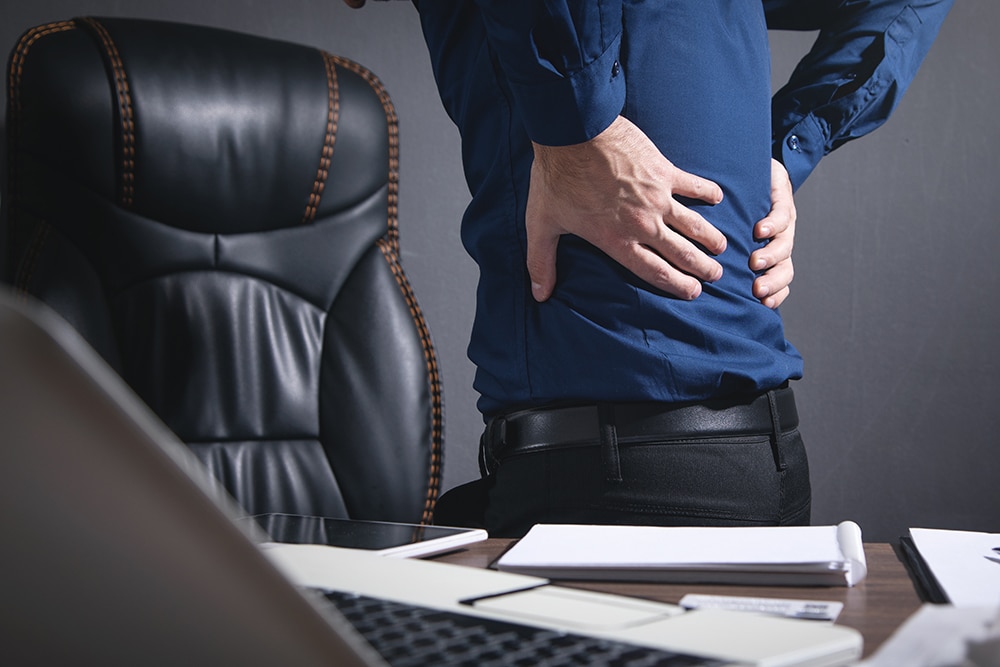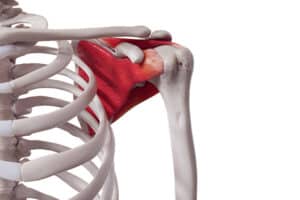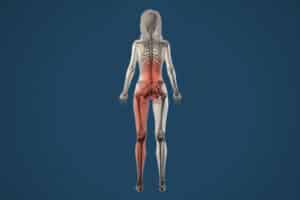Low back strain is one of the most common musculoskeletal conditions, affecting millions of people worldwide. Whether caused by poor posture, heavy lifting, or sudden awkward movements, low back strain can lead to significant discomfort and impact your daily activities. Fortunately, physiotherapy offers effective solutions to help manage and recover from this condition. Let’s explore what low back strain entails and how physiotherapy can aid in recovery.
What is Low Back Strain?
According to The World Health Organization:
Low back pain describes pain between the lower edge of the ribs and the buttock. It can last for a short time (acute), a little longer (sub-acute) or a long time (chronic). It can affect anyone.
Low back strain occurs when the muscles, tendons, or ligaments in the lower back are overstretched or torn. This can happen due to acute injuries or from chronic overuse. Common symptoms include:
- Pain and stiffness in the lower back.
- Difficulty standing, bending, or moving.
- Muscle spasms or tightness.
- Swelling or tenderness in the affected area.
While low back strain is often not a serious condition, it can cause significant discomfort and limit mobility if left untreated.
Common Causes of Low Back Strain
Some of the most common causes of low back strain include:
- Improper lifting techniques: Using your back instead of your legs to lift heavy objects can strain the muscles and ligaments.
- Prolonged sitting or poor posture: Sitting for long hours, especially with poor posture, can weaken the muscles in your lower back.
- Sudden movements: Twisting or jerking motions can overstretch the muscles and cause strain.
- Sports injuries: High-impact sports or overtraining without adequate recovery can lead to muscle strain.
- Weak core muscles: A lack of core strength can increase the burden on your lower back during physical activities.
How Physiotherapy Can Help
Physiotherapy is a highly effective approach to treating low back strain. It addresses the root causes of the pain, promotes healing, and helps prevent future injuries. Here’s how physiotherapy can make a difference:
- Comprehensive Assessment A physiotherapist will assess your condition to identify the severity of the strain and any underlying factors contributing to your pain. This evaluation helps create a personalized treatment plan tailored to your needs.
- Pain Management Physiotherapists use various techniques to reduce pain and inflammation, including:
- Heat and cold therapy
- Electrical stimulation (e.g. TENS)
- Manual therapy to release tension in the muscles
- Intramuscular Stimulation (IMS)
- Shockwave Therapy (SWT)
- Targeted Exercises Specific exercises are designed to strengthen the muscles in your lower back and core, improve flexibility, and restore mobility. These exercises might include:
- Gentle stretches for the lower back
- Core strengthening exercises like planks
- Pelvic tilts to improve spinal alignment
- Education and Posture Correction A physiotherapist will teach you proper posture and ergonomics to reduce strain on your lower back. This includes tips for sitting, standing, and lifting correctly to prevent future injuries.
- Gradual Return to Activity As your pain decreases and mobility improves, your physiotherapist will guide you through a gradual return to daily activities and any sports or hobbies you enjoy.
Self-Care for Managing Low Back Strain
Self-care plays a crucial role in managing low back pain and restoring your ability to engage in meaningful activities. Incorporating the following strategies can help alleviate symptoms and prevent future episodes:
- Stay physically active: Regular, moderate exercise strengthens your back and core muscles, reducing the likelihood of strain.
- Support mental well-being: Practices like mindfulness, relaxation techniques, or seeking professional help for stress can improve your overall outlook and resilience.
- Maintain a healthy weight: Reducing excess body weight minimizes stress on your lower back.
- Avoid smoking: Smoking can reduce blood flow to spinal tissues, hindering the healing process.
- Prioritize good sleep: Establish a routine that supports restorative sleep, which aids in muscle recovery and overall health.
- Stay socially and professionally engaged: Maintaining your usual social and work activities fosters a sense of normalcy and purpose.
- Optimize your workspace: Make ergonomic adjustments to reduce strain on your back, such as using a supportive chair and keeping your desk at the right height.
Education and support are also vital in helping individuals manage their condition. By learning more about low back pain and adopting these strategies, you can take an active role in reducing its impact on your life and improving your well-being.
Preventing Low Back Strain
Prevention is key to avoiding recurrent episodes of low back strain. Here are some tips to keep your lower back healthy:
- Practice good posture: Keep your back straight and shoulders relaxed when sitting or standing.
- Exercise regularly: Focus on strengthening your core and maintaining flexibility.
- Lift safely: Bend your knees and use your legs, not your back, when lifting heavy objects.
- Take breaks: Avoid prolonged sitting by taking regular breaks to stretch and move around.
- Use proper equipment: If you work at a desk, ensure your chair and workstation are ergonomically designed.
Physiotherapy Can Achieve Recovery
Low back strain can be painful and disruptive, but with the right care, recovery is achievable. Physiotherapy provides a holistic approach to managing pain, promoting healing, and preventing future injuries. If you’re experiencing low back strain, consult a licensed physiotherapist to start your journey toward recovery and a healthier back.
Don’t let low back pain hold you back—take the first step toward relief today!
Get Started Today!
A professional physiotherapy provider like Nova Physiotherapy can offer expert care, personalized treatment, education, and a holistic approach to treatment for low back strain. If you’re considering physiotherapy, contact the friendly and experienced team at Nova Physiotherapy. We’re ready to help you on the road to better health.








